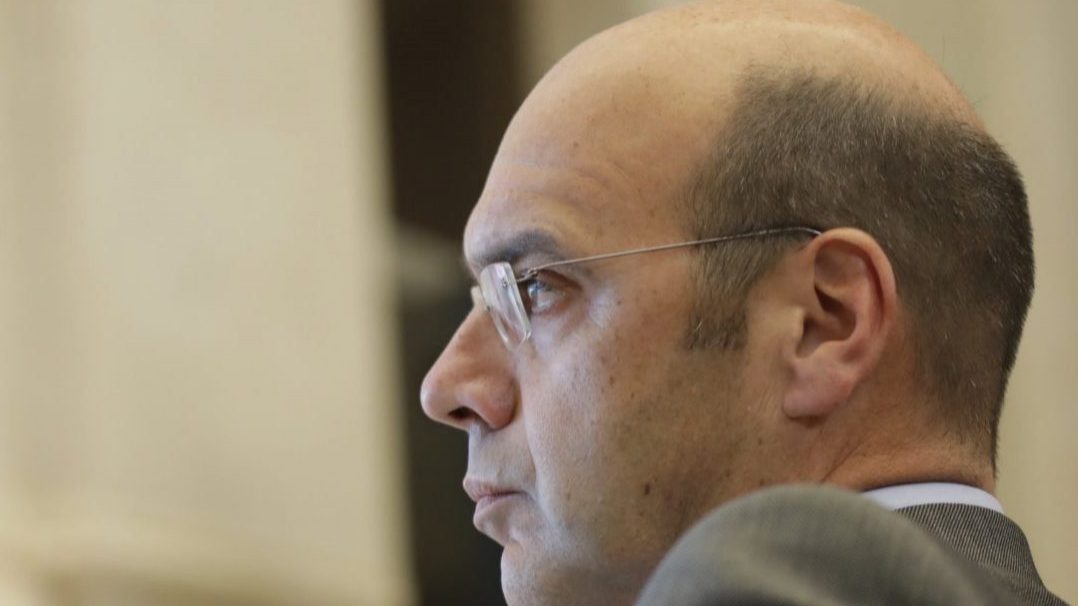European Commission proposes 5.9 billion of layoff support for Portugal
The European Commission proposed to grant 5.9 billion euros of support to Portugal within the framework of 'SURE'.
The European Commission on Tuesday proposed to grant 5.9 billion euros of support to Portugal within the framework of ‘SURE’, an instrument to help member states preserve jobs during the Covid-19 pandemic.
On Monday, it proposed to the Council a package of support totalling 81.4 billion euros for 15 countries, indicating at the time that it was still considering a formal request from the Portuguese authorities, on Tuesday the Community executive is proposing to include Portugal and make available a total of 87.3 billion euros of financial support from ‘SURE’ to 16 member states.
“Following approval of these proposals by the Council, the financial support will take the form of EU loans to Portugal on favourable terms. These loans will help Portugal to cope with sudden increases in public expenditure aimed at preserving jobs. Specifically, they will help Portugal to cover the costs directly related to the financing of its national working time reduction scheme,” the EU executive said in a statement.
SURE is one of the three safety nets in the emergency response package to the crisis caused by the Covid-19 pandemic, budgeted at a total of 540 billion euros, agreed by the eurozone and EU finance ministers and approved at a European council on 23 April.
In addition to SURE, the safety net for workers, the package consists of a network for companies – a pan-European guarantee fund from the European Investment Bank – and another for states, the European Stability Facility credit line, through which member states can claim up to 2% of their Gross Domestic Product (GDP) for expenditure directly or indirectly related to health care, treatment and prevention of Covid-19.
This scheme to preserve jobs will be operational until 31 December 2022 but may be extended for a further six months if the serious economic disruption caused by the outbreak of Covid-19 persists, the Council said on that occasion.


